#stroock
Explore tagged Tumblr posts
Text


US Vogue August 15, 1962
(top) Wilhelmina Cooper wears a shiny, draped red kidskin turban. Hat. By Halston. Under the hat, a face with a secret - a thin film of lavender highlights the makeup base; it's a way to add cream to overly olive skin. This is one of five new pastel background layers from Germaine Monteil. The lipstick is Monteil's pale red Sunset. (below) Wilhelmina Cooper in a blackberry and orange-red plaid coat at left. By Originala: Stroock in mohair and worsted wool (woven in America)
(top) Wilhelmina Cooper porte un turban en cuir de chevreau rouge brillant et drapé. Chapeau. Par Halston. Sous le chapeau, un visage avec un secret - une fine pellicule de lavande souligne la base de maquillage ; c'est une façon d'ajouter de la crème à une peau trop olive. C'est l'une des cinq nouvelles couches de fond pastel de Germaine Monteil. Le rouge à lèvres est le Sunset rouge pâle de Monteil. (en dessous) Wilhelmina Cooper dans un manteau à carreaux mûre et orange-rouge à gauche. Par Originala : Stroock en mohair et laine peignée (tissé en Amérique)
Photo Gene Laurents vogue archive
#us vogue#august 1962#fashion 60s#fall/winter#automne/hiver#originala#halston#wilhelmina cooper#gene laurents#germaine monteil#stroock#vintage vogue#vogue cover#vintage fashion
16 notes
·
View notes
Text
Cinema Legends Turning 100 in 2024
Even though there is one more month to go in 2023, I thought I would get a head start on this post. Without further ado, the centenarians for 2024.
Eva Marie Saint - actress (Update: Made it to 100)
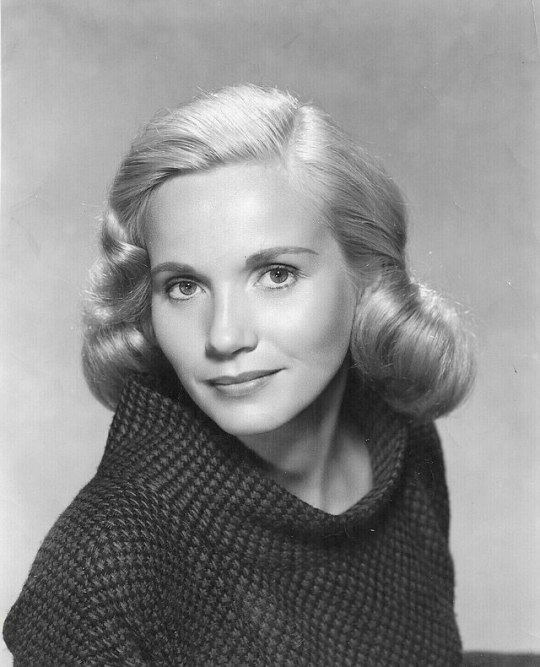
William Russell - actor (Update: Died on June 3, 2024 at 99)

Robert M. Young - director (Update: Died On February 6, 2024 at 99)
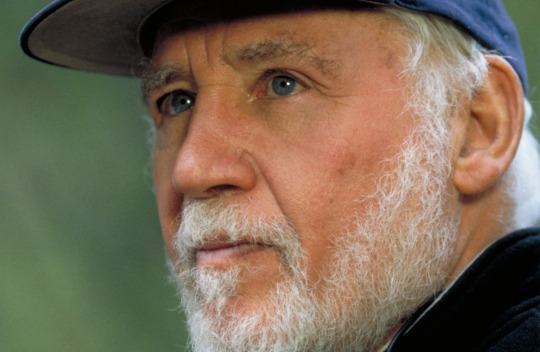
Lee Adams - lyricist (Update: Made it to 100)

Priscilla Pointer - actress (Update: Made it to 100)
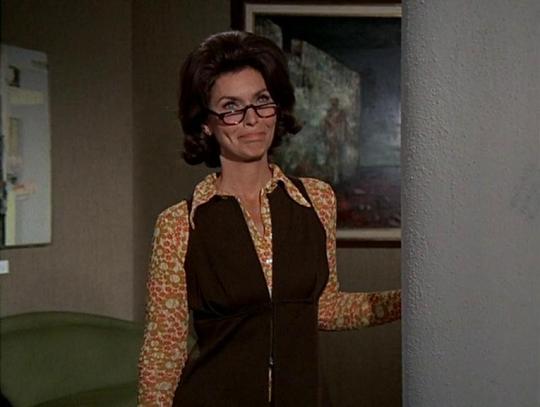
Ann Vernon - actress (Update: Made it to 100)
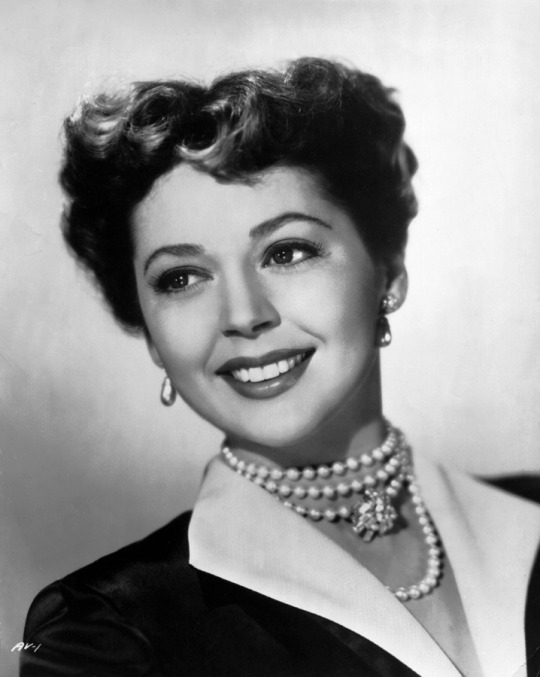
Krishnaveni - actress (Update: Made it to 100)
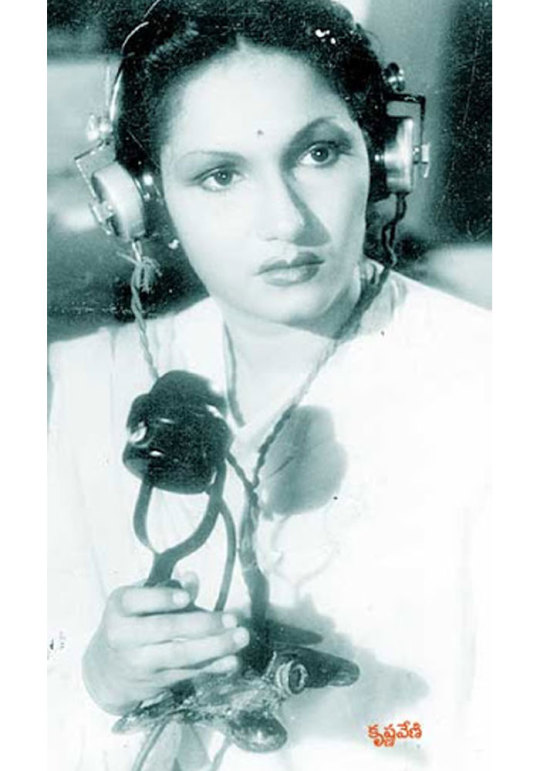
Mimis Plessas - film composer (Update: Died On October 5, 2024 at 99)
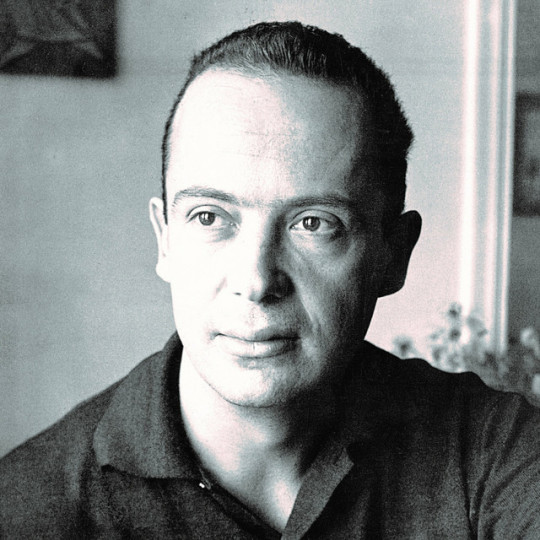
Maria Riva - actress (Update: Made it to 100)

Joyce Randolph - actress (Update: Died On January 13, 2024 at 99)
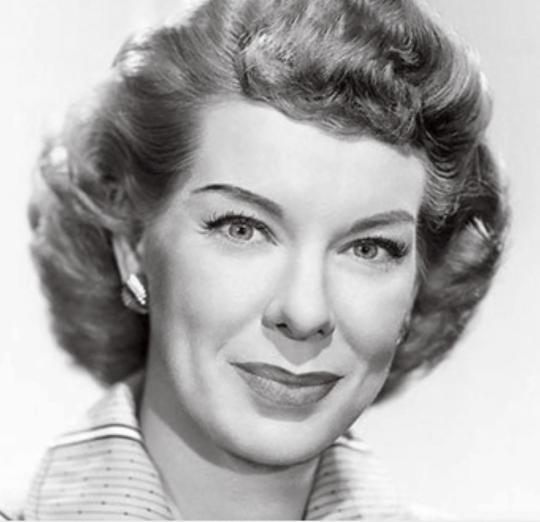
Ted Hartley - actor, producer (Update: Made it to 100)
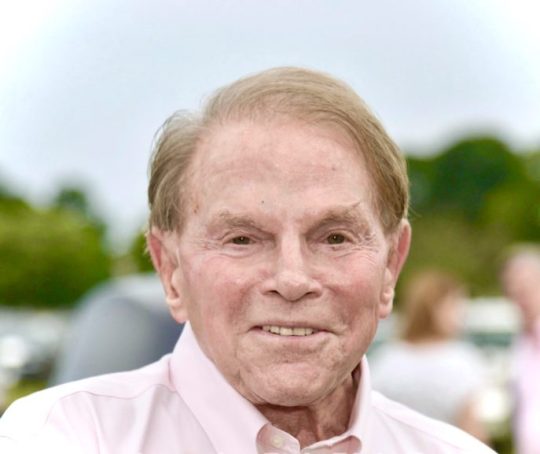
Nadia Cattouse - actress (Update: Died on October 28, 2024 at 99)
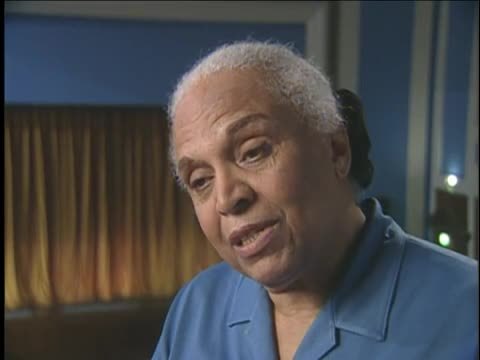
Woody Woodbury - actor, comedian (Update: Made it to 100)
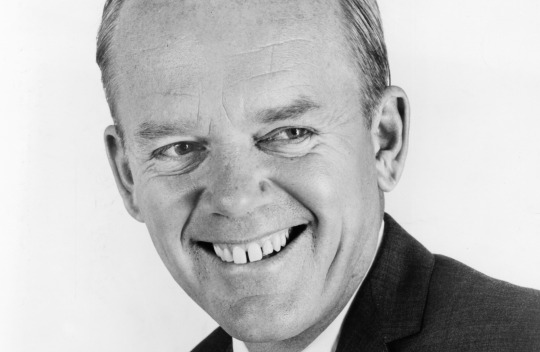
Meta Velander - actress (Update: Made it to 100)
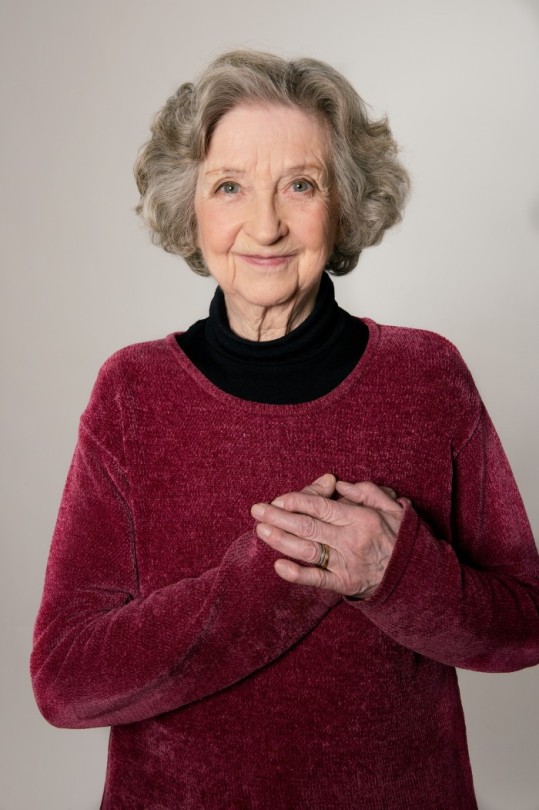
Pia Velsi - actress (Update: Made it to 100)
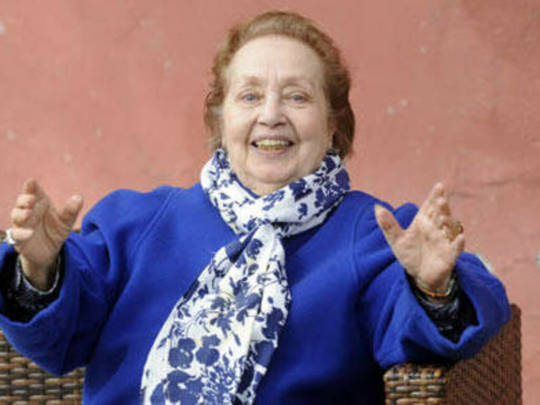
Yatsuko Tan'ami - actress (Update: Made it to 100)

Bo Bjelfvenstam - director, screenwriter, actor (Update: Made it to 100)
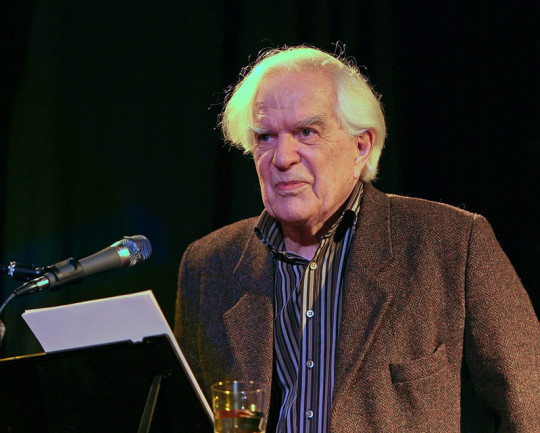
Jean Harlez - director (Update: Made it to 100)
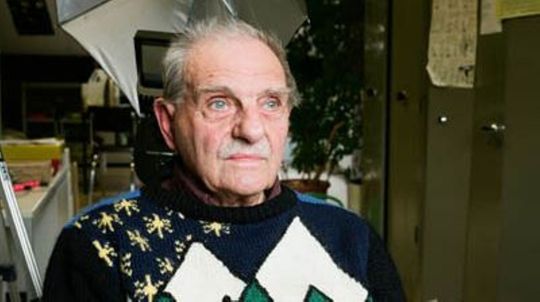
Madeline Anderson - director (Update: Made it to 100)
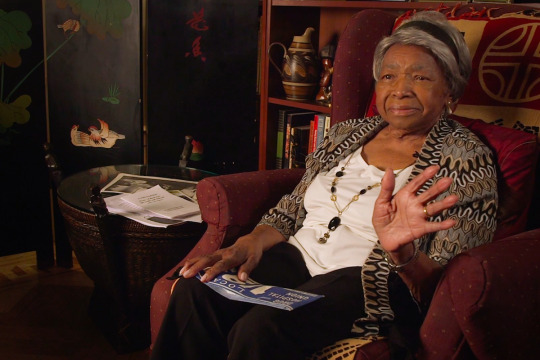
Kang Cheng - director (Update: Made it to 100)
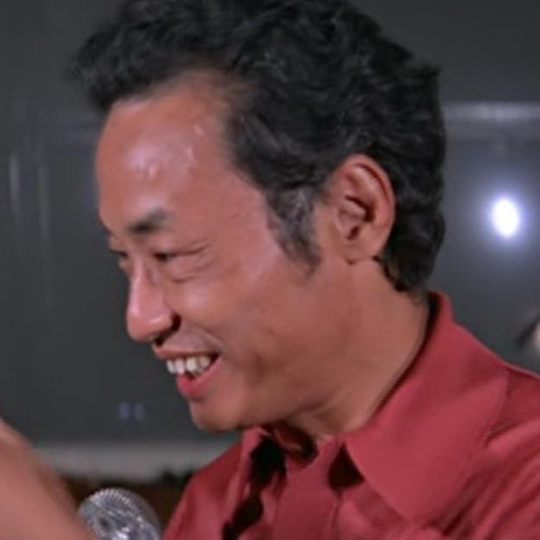
Fada Santoro - actress (Update: Made it to 100, Died on December 15, 2024)

Walter Schultheiss - actor (Update: Made it to 100)
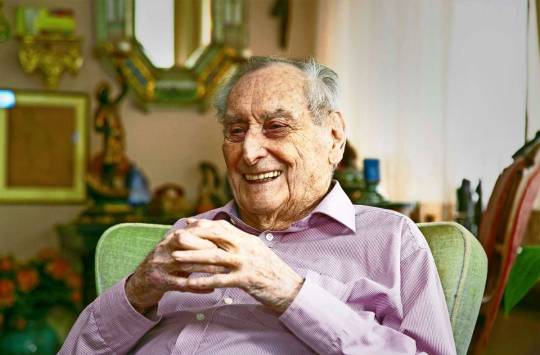
Donald Pelmear - actor (Update: Made it to 100)

Teresa Cunillé - actress (Update: Made it to 100)

Ip Chun - martial artist, actor (Update: Made it to 100)

Rolf Schimpf - actor (Update: Made it to 100)

Terry Gibbs - film score musician (Update: Made it to 100)

Elaine Schreyeck - continuity supervisor (Update: Made it to 100)
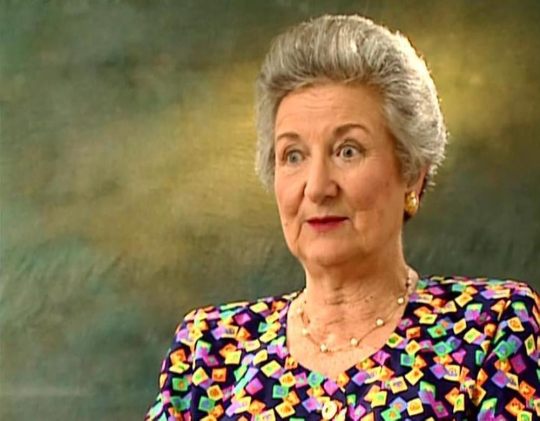
Gloria Stroock - actress (Update: Died On May 5, 2024 at 99)
(no photo available)
Robert Porter - producer (Update: Made it to 100)
(no photo available)
Pat Jaffe - producer, editor (Update: Made it to 100)
(no photo available)
Norbert Terry - director, producer (Update: Made it to 100)
(no photo available)
Alice Toen - actress (Update: Made it to 100)
(no photo available)
Richard Gilbert - director, producer (Update: Made it to 100)
(no photo available)
Ronald Spencer - director, producer (Update: Made it to 100)
(no photo available)
Ti Lu - actor (Update: Made it to 100)
(no photo available)
Donald P. Desmond - set constructor (Made it to 100)
(no photo available)
Update: 1/1/2025
30 made it to 100
6 died at 99
1 made it to 100 and then died
#dannyreviews#2024#hollywood#centenarians#eva marie saint#william russell#robert m. young#priscilla pointer#ann vernon#krishnaveni#mimis plessas#maria riva#joyce randolph#ted hartley#nadia cattouse#woody woodbury#meta velander#pia velsi#yatsuko tan'ami#bo bjfelfvenstam#jean harlez#madeline anderson#fada santoro#lee adams#happy new year
5 notes
·
View notes
Text












Young Joe, The Forgotten Kennedy - ABC - September 18, 1977
Drama / Biography
Running Time: 100 minutes
Stars:
Peter Strauss as Joe Kennedy Jr.
Barbara Parkins as Vanessa Hunt
Stephen Elliott as Joe Kennedy
Darleen Carr as Kathleen "Kick" Kennedy
Simon Oakland as Delaney
Asher Brauner as Mike Krasna
Lance Kerwin as Joe Jr. (age 14)
Peter Fox as Simpson
Steve Kanaly as Ray Pierce
Robert Englund as Willy
Gloria Stroock as Rose Kennedy
Tara Talboy as Elinor
Ben Fuhrman as Hank Riggs
James Sikking as Commander Devril
Ken Swofford as Greenway
Sam Chew Jr. as Jack Kennedy
Patrick Labyorteaux as Teddy Kennedy
Shane Kerwin as Bobby Kennedy
Margie Zech as Jean Kennedy
Kirsten Larkin as Rosemary Kennedy
Rosanne Covy as Eunice Kennedy
Deirdre Berthrong as Pat Kennedy
Lawrence Driscoll as Anderson
Michael Irving as Billy Harrington
Gardner Hayes as English Major
#Young Joe The Forgotten Kennedy#TV#ABC#1977#1970's#Drama#Biography#Peter Strauss#Barbara Parkins#Darleen Carr#Lance Kerwin#Asher Brauner#Simon Oakland
4 notes
·
View notes
Text
10 Ways Stroock Is (Still) Transforming New York For as long as the Brooklyn Bridge has spanned the East River, the deans of the New York City real estate bar have made their home at Stroock.

View On WordPress
0 notes
Text
After end to merger talks, #Stroock loses more than half of its partners; is #lawfirm's viability at risk?
After end to merger talks, Stroock loses more than half of its partners; is law firm’s viability at risk? More than 30 partners at Stroock & Stroock & Lavan are joining Hogan Lovells, a number that amounts to more than half of Stroock’s partnership. The move was announced Friday, a day after Pillsbury Winthrop Shaw Pittman and Stroock & Stroock & Lavan ended “nonexclusive” merger talks,…

View On WordPress
0 notes
Text



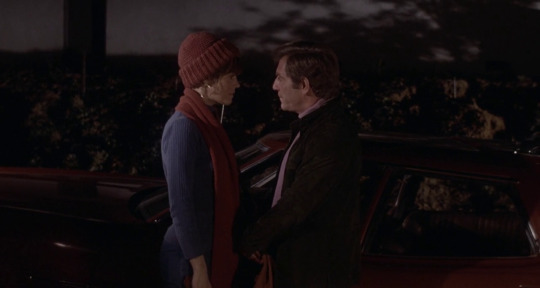

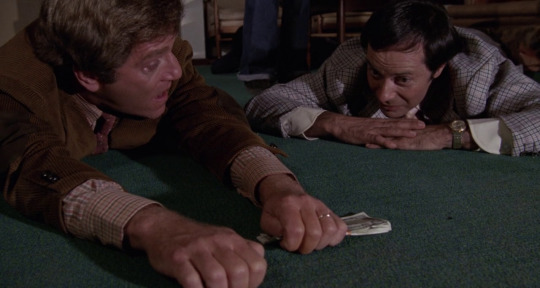




Fun with Dick and Jane (1977)
Director - Ted Kotcheff, Cinematography - Fred J. Koenekamp
"Are we going to be poor, like the Waltons?"
#scenesandscreens#Fun with Dick and Jane#ted kotcheff#Fred J. Koenekamp#george segal#jane fonda#Ed McMahon#Dick Gautier#allan miller#Hank Garcia#john dehner#mary jackson#Walter Brooke#Sean Frye#fred willard#thayer david#Dewayne Jesse#anne ramsey#Jon Christian Erickson#Gloria Stroock#james reynolds#jay leno
23 notes
·
View notes
Photo
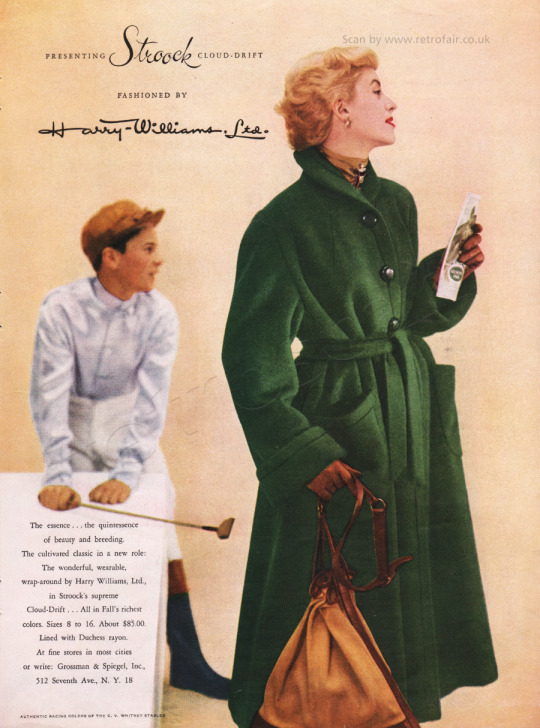
1949 Stroock
via Retrofair Vintage Ads & Prints
25 notes
·
View notes
Text
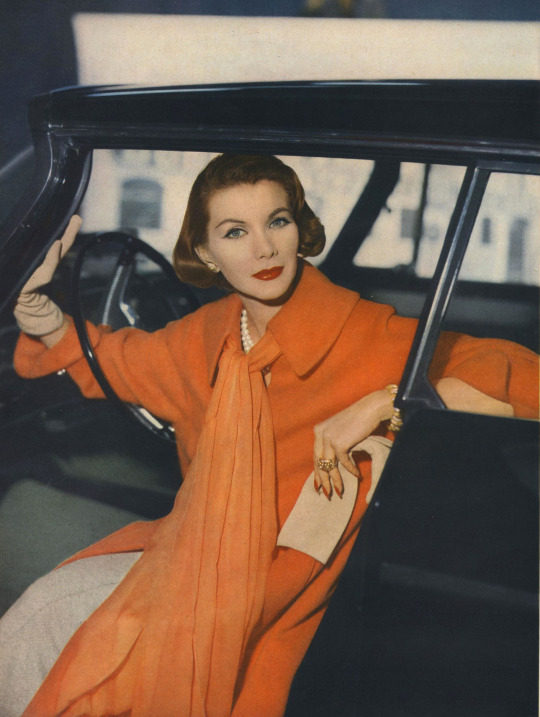
US Vogue March 1, 1957
Joan Friedman wears a melon-colored fleece coat, a long chiffon scarf in the same appetizing shade, over a tweed skirt and oatmeal-colored accessories. Originala coat, in Stroock wool. Jewelry, S. G. Barnett. Hairdresser, Mr. Kenneth of Lilly Daché; its varnish, result of the Alberto VO5 hair cream.
Joan Friedman porte un manteau, polaire couleur melon, une écharpe d'un long métrage de mousseline de la même teinte appétissante, sur une jupe en tweed et des accessoires de couleur avoine. Manteau Originala, en laine Stroock. Bijoux, S. G. Barnett. Coiffure, Mr. Kenneth de Lilly Daché; son vernis, résultat de la crème capillaire Alberto VO5.
Photo Clifford Coffin vogue archive
#us vogue#march 1957#fashion 50s#spring/summer#printemps/été#originala#mr.kenneth#lilly daché#joan friedman#clifford coffin#s.g.barnett#stroock#vintage fashion
19 notes
·
View notes
Text
The low-profile, high-powered race to free WNBA star Brittney Griner from Russian custody
Less than 11 months ago, American basketball star Brittney Griner towered over her UMMC Ekaterinburg teammates as the Russian franchise celebrated its third consecutive EuroLeague Women’s championship. In one picture from the joyous aftermath, Griner, her gold medal around her neck, smiles mischievously from the floor as she makes snow angels in the confetti raining down from the rafters.
The most recent public picture of Griner, however, shows a starkly different scene: In a mug shot released by Russian state media over the weekend, Griner, 31, is standing expressionless against a wall in a building and a locale that both remain unknown. Her 6-foot-9 frame tops out above the height chart over her left shoulder. In her hands, she holds an 8 ½-by-11-inch piece of paper with her name on it.
Little more is known now about Griner’s whereabouts and safety, at least publicly, than when news first broke last week of her arrest and detainment by Russian authorities, which occurred after customs officials allegedly found cartridges containing hashish oil in her luggage at an airport outside Moscow.
In a telephone interview Thursday, U.S. Rep. Colin Allred (D-Tex.) said Griner’s arrest occurred Feb. 17, a week before Russia’s invasion of Ukraine, which means she has been in Russian custody for more than three weeks. She is accused of illegal crossing of a border with illegal narcotics, which in Russia can carry a prison sentence of up to 10 years. Allred said she has not been allowed visits from U.S. Embassy personnel.
“The fact we’ve requested consular access and it has not been granted is very unusual and extremely concerning,” Allred said, accusing Russia of “violating international norms.”
Griner’s family, her agents, officials from the WNBA and the Phoenix Mercury and top U.S. government officials have been mostly silent about her situation — a stance that, according to experts on Russian American relations and people familiar with the case, is a strategic one, probably being dictated by a crisis communications firm. A high-profile media campaign for her release, the thinking goes, would only make her situation worse by adding value to her in the eyes of the Russian authorities.
Griner’s representatives “should consider whether maintaining a low profile and just trying to fight the case through the legal system might be the best option,” said Tom Firestone, a partner at Stroock Stroock & Lavan and former resident legal adviser at the U.S. Embassy in Moscow.
But this much is obvious: With U.S.-Russian relations at their most strained since the Cold War in the wake of Russia’s invasion of Ukraine and the subsequent sanctions imposed by the United States and its NATO allies on Russia, it is a very dangerous time to be an American, particularly one with as high a profile as Griner, trapped in Russia.
“This case should not be political. It should be handled on a legal basis, and we’re hoping to keep it in that realm,” said Allred, who played football for Baylor University, where Griner was a national champion and Associated Press player of the year in 2012. “Of course, this is taking place against the backdrop of extremely strained relations when Russia is extremely isolated from the rest of the world.”
U.S. Secretary of State Antony Blinken said Monday that U.S. officials are “doing everything we can” to help Griner.
“There’s only so much I can say given the privacy considerations at this point,” Blinken said. Asked for further clarity on Griner’s situation Wednesday, a State Department spokesperson referred back to Blinken’s comments.
At the heart of Griner’s situation is the question of whether she actually tried to smuggle hashish oil into Russia — where she has played for UMMC Ekaterinburg the past six seasons — or whether, as some American experts suggest, she could have been targeted and framed for the crime because of her highly visible public profile as a Black, gay American who is also an outspoken activist on racial and LGBTQ+ issues.
“I can’t say definitively she didn’t [do the crime], but the first thought I had when I read about [the arrest] is this sounds like [the Russians] taking an American hostage,” said Daniel Fried, the Weiser Family Distinguished Fellow at the Atlantic Council and formerly the U.S. ambassador to Poland under President Bill Clinton and assistant secretary of state for Europe under Presidents George W. Bush and Barack Obama.
“It wouldn’t surprise me at all if they would do that — plant drugs and grab her. The American embassy and the U.S. government has been aware of the possibility of the Russians using Americans in Moscow … as bargaining chips. It would be just like the Russians to do this — pick somebody, make a case. Unless there is actual evidence [implicating Griner], which would frankly surprise me, I would regard this as a political case, and I feel badly for this person who is caught up in it.”
Asked about Griner’s culpability and the possibility she was framed, Allred said, “I really don’t know. I think the Russian criminal system is very different than ours and is very opaque. We’ve seen trumped up charges against other Americans … So if it were to occur, it wouldn’t be the first time in history.”
Griner’s case also has opened an uncomfortable window into the economics of elite women’s basketball in the United States. From an American-centric viewpoint, Griner’s tenure for UMMC Ekaterinburg — named for the Ural Mining and Metallurgical Company, the owners of which also own the team, and the central Russian city where it is located — is typically described as the overseas side-gig that occupies her during her offseason for the WNBA’s Mercury.
But for Griner and other top Americans in the WNBA, the converse is more accurate. By most objective measures, UMMC Ekaterinburg — which has a longer season and pays Griner as much as five times in salary what the Mercury pays her — is her main employer and the WNBA an offseason side-gig. About half of all WNBA players head overseas at the conclusion of each WNBA season, in many cases earning more than the WNBA maximum base salary of $228,094. (By comparison, the highest-paid player in the NBA, Golden State’s Stephen Curry, is earning $45.78 million this season, according to basketball-reference.com.)
Even by the standards of European basketball, UMMC Ekaterinburg, controlled by Russian billionaire owner Iskander Makhmudov and CEO Andrei Kozitsyn, is a deep-pocketed powerhouse. In 2015, it persuaded superstar Diana Taurasi to skip the WNBA season to rest and stay fresh for its own season, and its 2021-22 roster included five WNBA all-stars in Griner, Courtney Vandersloot, Allie Quigley, Breanna Stewart and Jonquel Jones.
“The year-round nature of women’s basketball takes it toll,” Taurasi wrote in an open letter to WNBA fans in 2015 about her decision to skip that WNBA season, “and the financial opportunity with my team in Russia would have been irresponsible to turn down. They offered to pay me to rest and I’ve decided to take them up on it. I want to be able to take care of myself and my family when I am done playing.”
The influence of team owners Makhmudov and Kozitsyn, often described as oligarchs, could be among Griner’s biggest assets during this ordeal and could help explain the relative silence from her family and representatives.
“She’s not a tourist there. She’s working and living in Russia and probably paying Russian taxes. She has a network there that needs to be mobilized, including the oligarchs who pay her salary and probably know her personally at some level,” said David Szakonyi, an assistant professor of political science at George Washington University and an expert on corruption in Russia. “That may be why her camp is staying quiet and working those backchannels.”
According to game data on the EuroLeague website, Griner last played for UMMC Ekaterinburg on Jan. 29, scoring 15 points in an 89-52 win over Hungary’s KSC Szekszard. Six days earlier, the U.S. State Department issued a Level 4 Do Not Travel advisory for Russia, warning of the potential for “harassment against U.S. citizens” and “the embassy’s limited ability to assist U.S. citizens in Russia.”
In the wake of Russia’s invasion of Ukraine on Feb. 24, the EuroLeague suspended all Russian teams — which bounced UMMC Ekaterinburg out of the league’s playoffs — and U.S. and WNBA officials began pulling its players out of the country.
“Just landed in Turkey and all I want to do is cry,” Jones, a Bahamian-born center for the Connecticut Sun and the reigning WNBA MVP, posted on Twitter on March 2. “That situation was way more stressful than I realized.”
All but one American made it out: Unbeknown to the rest of the world, by the time of the invasion, Griner already had spent a week in Russian custody.
12 notes
·
View notes
Photo
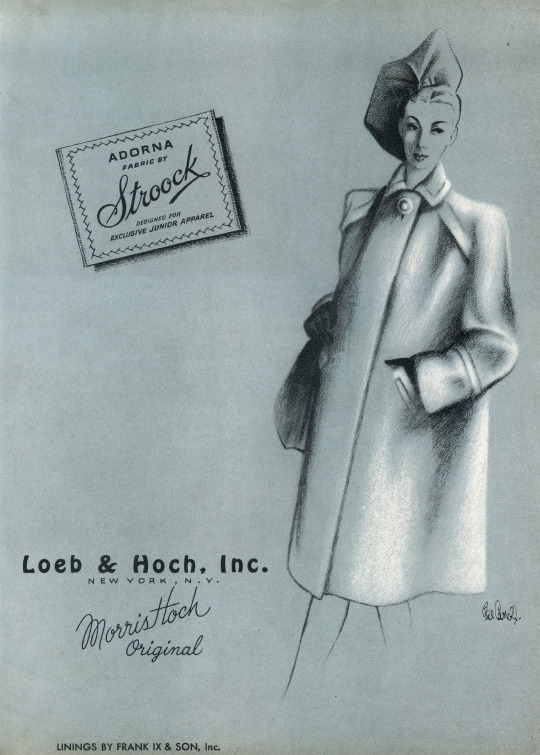
I’ve been Stroock blind!
Not really.
Vogue February 1, 1947
#vintage ad#1940s fashion#1940s#fashion#advertisment#womens clothing#vintage illustration#funny#humor#coat
11 notes
·
View notes
Photo
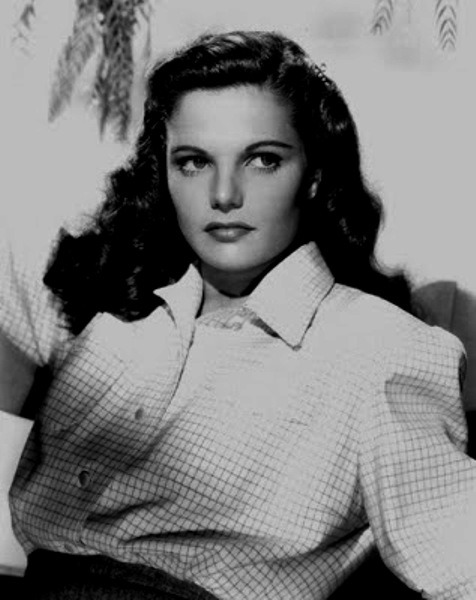
Character Actress
Geraldine Brooks (born Geraldine Stroock; October 29, 1925 – June 19, 1977) Actress whose three-decade career on stage as well as in films and on television was noted with nominations for an Emmy in 1962 and a Tony in 1970.
She appeared in many of the anthology series popular early in the 1950′s, such as Orient Express, Armstrong Circle Theatre, Appointment with Adventure (two episodes), Lux Video Theatre, and Studio One.
Brooks guest starred on Richard Diamond, Private Detective, and The Fugitive, both starring David Janssen. Her other credits included Johnny Staccato, Have Gun - Will Travel, Adventures in Paradise, Perry Mason, Ironside, The Defenders, Dr. Kildare, Stoney Burke, Mr. Novak, Ben Casey, Get Smart, Gunsmoke (in the 1966 episode “Killer at Large”), The Outer Limits, Combat! (in the episode "The Walking Wounded"), Bonanza, It Takes A Thief, Daniel Boone and Kung Fu (in the episode "Nine Lives"). She played the role of Arden Dellacorte in 1971 on the CBS daytime soap opera Love of Life and starred as the overweight owner of a delicatessen opposite James Coco in the short-lived 1976 situation comedy The Dumplings, her final role. Geraldine Brooks also appeared in Barnaby Jones, playing a character named Janet Enright in the 1973 episode "The Murdering Class".
She was nominated for the 1962 Emmy Award for Outstanding Single Performance by an actor in a Leading Role for her appearance in the episode, "Call Back Yesterday", with fellow guest costar David Hedison in the drama series Bus Stop. (Wikipedia)
5 notes
·
View notes
Text

Geraldine Brooks, all'anagrafe Geraldine Stroock (New York, 29 ottobre 1925 – Riverhead, 19 giugno 1977), è stata un' attrice statunitense.
Una bellezza particolare
3 notes
·
View notes
Text
10 Ways Stroock Is (Still) Transforming New York For as long as the Brooklyn Bridge has spanned the East River, the deans of the New York City real estate bar have made their home at Stroock.

View On WordPress
0 notes
Text
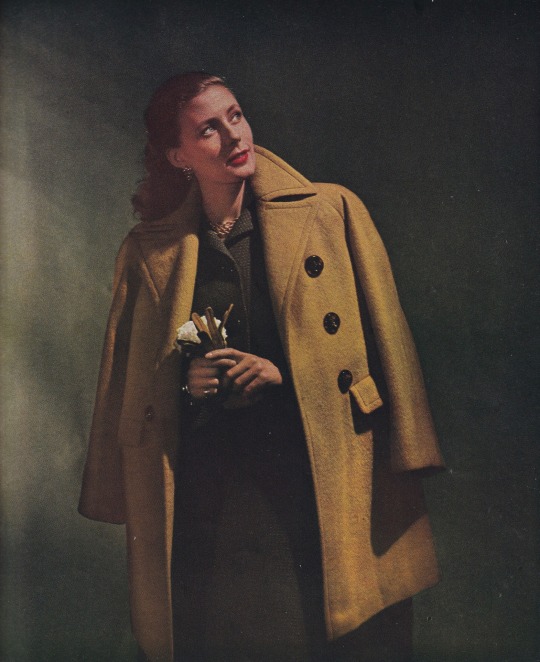
From Harper’s Bazaar, September 1944. Photo by John Rawlings in an ad for Stroock. #Fashion
#john rawlings#harper’s bazaar#vogue#vintage fashion#forties#autumn#autumn fashion#tweed#wool#fall#fashion photography#style#elegance#1940s#1944#september
50 notes
·
View notes
Link
I am voting early. In most states, Americans no longer have to wait until Election Day to cast their ballots. Minnesota and Virginia began early in-person voting on Sept. 18. By mid-October, voters in several battleground states will also start casting their ballots. New York’s early voting period starts Oct. 24. By Election Day, millions of votes will have already been cast.
I am not voting on Nov. 3 because the lines will undoubtedly be very long. I am not voting by mail because the odds are high that the ballot will either be invalidated by election law technicalities or attacked as fraudulent — and because, even if my vote is counted, I’m worried that a ton of mail will lead to a constitutional crisis. Let me explain.
Several years ago, President Obama appointed a commission to address long lines at polling places. A report was issued with important recommendations. Not much has changed on this front, however, and the problem is exacerbated by the reluctance of poll workers to show up during the pandemic. The American Bar Association and a slew of organizations are recruiting new poll workers to ease anticipated bottlenecks. Still, problems loom.
Many states have a vote-by-mail option, and because of the health crisis, procedures have been liberalized throughout the country, including in New York, allowing people to take advantage of it. In some states, mail-in voting is being challenged in the courts, reflecting the president’s broadsides against such voting. Why is Trump hell-bent against mail-in voting? Probably because he believes that mail ballots will favor Joe Biden. It’s hard to know if he is right, but he appears convinced there will be a “blue shift” — in states where he is leading on Election Day, a subsequent counting of mail ballots will move the totals in Biden’s direction.
I don’t know if the president is right to be nervous about this shift, but Democrats should not rely on a “let’s wait until all the mail ballots are counted” attitude. If millions of Democrats vote by mail, and the machine votes on Election Day favor the president, we can expect him to undermine the legitimacy of the count after Nov. 3 — abetted, no doubt, by an avalanche of lawsuits to enjoin the counting of these mailed ballots.
A surge in mail-in votes could therefore prevent a state from determining its winner for many weeks. Why is this a problem? Aside from the political instability this would cause, the law requires that each state’s victorious presidential electors meet and vote for president on Dec. 14. If even a few states are overwhelmed by mail votes and lawsuits contesting their validity, and they fail to name presidential electors by mid-December, two scenarios could occur — neither pretty.
On one hand, with the total number of electors reduced, the magic number to win the Electoral College is likewise lowered. The Constitution requires a majority of the “whole number of Electors appointed.” A candidate could win with fewer than the 270 votes normally required.
On the other hand, if failure by a state to name electors prevents Trump or Biden from reaching a majority, the constitutional provision requiring the House of Representatives to elect a president could be invoked.
The procedure followed by the House is even more undemocratic than the Electoral College. Each state, whether large or small, has one vote, and whichever party controls a state’s delegation would deliver its vote to Trump or Biden. Even if Democrats retain or increase their overall control of the House this November, it’s the party controlling a majority of the state delegations that matters for this procedure. Currently, Republicans have 26, the magic number for the House to elect a president.
As if these two possibilities aren’t troubling enough, there is another outcome that could upend the election. If a state is dithering over hundreds of thousands of paper ballots, its state legislature may try to name electors directly — without so much as a nod to the apparent winner of the popular vote. In 21 states, Republicans control the legislature and governor’s mansion. Would they dare short-circuit the counting to simply name a Trump slate of electors?
So I am voting early, in person. I do not want mail ballots to overwhelm the process and potentially cause election chaos. The more votes cast on or before Election Day, the more likely the election will be over by Nov. 3. Some important states, like Pennsylvania, do not have this option. Those of us who can vote early, though, should do so.
Goldfeder, is special counsel at the law firm Stroock & Stroock & Lavan LLP and teaches election law at Fordham Law School.
24 notes
·
View notes
Text
With quick fixes, Biden's agencies reverse Trump's Wall Street-friendly rules
Analysis-BY KATANGA JOHNSON, REUTERS - 11:32 AM ET 4/12/2021
WASHINGTON (Reuters) -U.S. President Joe Biden's interim regulators are wasting no time unraveling Wall Street-friendly measures introduced under former Republican President Donald Trump, using quick-fix legal tactics.
They have spiked or stalled more than a dozen contentious Trump-era measures that critics said eroded consumer protections, weakened enforcement, and curbed investors' ability to push for environmental, social and governance (ESG) changes.
Rather than embarking on the lengthy process of rewriting the rules, the agencies have in many instances used speedy legal tools, according to lawyers, consumer groups, and a review by Reuters. These include delaying unfinished rules, issuing informal guidance, rescinding old policy statements or issuing new ones, and choosing not to enforce existing rules.
The swift changes https://www.reuters.com/article/usa-biden-financial-regulators/factbox-how-bidens-agencies-are-picking-apart-trumps-wall-street-friendly-measures have set off alarm bells in the financial industry, which is having to adapt quickly to the tougher new regime, and set the stage for potential legal challenges down the road, said lobbyists and lawyers.
"The interim Democratic leadership for these agencies are moving very quickly to tackle the deregulatory policy shifts that occurred under Trump," said Quyen Truong, partner at law practice Stroock & Stroock & Lavan.
"The agencies' use of guidance and reversal of policy statements demands a quick turnaround of compliance for firms."
During the previous administration, Trump-appointed regulators eased dozens of rules they said were outdated and hurt jobs, drawing ire from Democrats who said the changes saved Wall Street billions of dollars while increasing risks and hurting consumers.
With a slim majority in Congress, Democratic lawmakers will struggle to repeal those rules, while delays to the presidential transition has left many nominees still awaiting confirmation nearly three months in.
That has put the onus on interim officials to start executing Biden's agenda to help Americans recover from the pandemic and to tackle social injustice and climate change.
Acting Securities and Exchange Commission (SEC) chair Allison Lee, for example, has been very active. She has returned power to senior enforcement staff, who had it stripped from them in 2017, to open probes without seeking senior approvals, and has reversed a 2019 policy that critics said made it too easy for companies that broke the rules to continue with business as usual.
She has also begun to reverse the Trump administration's assault on ESG investing with a new effort to police misleading ESG disclosures.
The SEC said every decision was made with a view to ensuring "seamless leadership" in its mission to protect investors.
Likewise, the Department of Labor last month said it would not enforce two rules finalized in the last months of the Trump administration which curbed investments and shareholder votes based on ESG factors. The agency did not respond to a request for comment.
And acting Consumer Financial Protection Bureau (CFPB) director Dave Uejio has not disappointed progressives who hoped he would fix policies they said undermined fair lending.
"We are taking a close look at previous policies that hampered the Bureau's effectiveness and simultaneously working nonstop through supervision and enforcement to ensure financial institutions are treating consumers fairly," Uejio said.
He has revoked policies that had undermined the agency's ability to punish companies for "abusive" behavior, and which had curtailed the supervisory department's power to tell companies what to do.
This month, Uejio delayednew debt collection rules which consumer groups said would do more harm than good, while Reuters has reported that the CFPB is exploring overhauling the country's credit reporting system.
Uejio said he plans to focus on more COVID-19 relief and racial equity measures.
"We've already seen financial agencies, most notably the consumer watchdog, take the hatchet to some of the worst Trump-era policies," said Ed Mierzwinski of consumer advocacy group PIRG.
PUSHBACK
Republicans, though, say the changes create legal uncertainty and could cause companies to pull back from lending. U.S. Senator Pat Toomey, the top Republican on the Congressional panel that oversees financial agencies, said in a statement that the changes would "slow economic growth."
And hastily reversing rules and policies without going through a formal review process could risk litigation, said Brian Johnson, a partner at Alston & Bird and formerly CFPB deputy director.
Still, lawyers said they were advising clients to adapt quickly, as permanent appointees were unlikely to change course.
"Consumers cannot wait for help," said Uejio. "They need us now.
(Reporting by Katanga Johnson in Washington; Editing by Michelle Price and Matthew Lewis)
2 notes
·
View notes